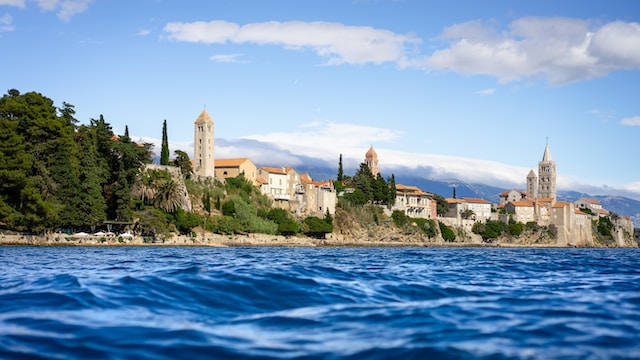Norway has functioned to make entrepreneurship more and more effective. It is a business-friendly, strongly modernized land.
Norway may be known for its natural scenery and the northern lights, but foreign investors are more familiar with it for its GDP expansion. Since the beginning of the technological age, Norway’s GDP has regularly outpaced many of its European rivals.

Economy
The comprehensive social system and above-average productivity expansion have been heavily financed by the country’s oil production from the North Sea. Norway’s petroleum & energy industries are generally managed by state or quasi-governmental organizations, unlike many of its neighbors. Nevertheless, it should be emphasized that the expansion of the oil industry during the 1970s led to a slowdown in several other major industries.
Since the industrial age, the country has been protected against numerous financial recessions by the expanding oil and gas industry. However, it has also made the country among the costliest places to live on the planet and raised questions about how heavily dependent its workforce is on the petroleum industry. A decline in the petroleum market could cause serious issues.
Investing in ETFs
Exchange-traded funds (“ETFs”) offer exposure to a diversified group of securities from a variety of industries, making them the most convenient option for traders to invest in Norwegian firms. ETFs allow investors to obtain access to the trade industry or, via index ETFs. Like all investments, there is some risk involved, including the potential for capital loss.
Reasons of investment
Here is a comprehensive list of the benefits of investing in this market.
Independent and still linked
Although Norway is not a part of the EU, the EEA and Schengen accord give it excellent access to the whole of Europe and the common market. Because of this, economic cooperation between Norway and the European Union is easy. Norway does not use the occasionally volatile euro but instead uses the krone, a reliable currency.
Astonishingly high productivity.
Norwegians are very aware of work-life balance. They make excellent use of the time they put in. Many Norwegian workers are accustomed to flexible work arrangements, including working from home. The Norwegian workforce’s adaptability and productivity are its defining characteristics.
Relatively prosperous nation.
The nation’s GDP per capita is not only extraordinarily high, but it is also fairly divided among its approximately 5 million citizens. In speaking, it has a very minimal unemployment ratio and high median and average wages.
High budgeting customers
The nation has one of the greatest purchasing power parities (PPP) per person among all other countries. With a population of a little over 5 million, Norway has a limited domestic market. On the other side, the populace of the nation is wealthy and well-educated.
Generally low tax rate
One of the lowest business income tax levels in Western Europe is found in Norway. Compared to other European nations, Norway also has comparatively low individual income-tax levies.
A significant energy player.
Most of the nation’s income from oil and gas has been conserved. They have established a sizable fund known as the State Pension Fund Worldwide, also known as “the oil fund.” The fund is the world’s biggest sovereign investment fund. Each Norwegian is valued at about 200.000 euros.
The world’s most robust economy
The Global Stability Index places this country first. You face less danger as an investor when a nation’s economic environment is more solid. It involves a nation’s capacity to manage a disaster like a pandemic
Key takeaway
The strong economy offers a fantastic opportunity for global investors to expand their holdings. Investors should be cautioned that due to significant exposure to the oil and gas sector, a decline in crude oil rates or supply levels could cause Norway’s economy to collapse. When adding Norwegian ADRs or ETFs to their total investing portfolios, investors should thoroughly assess this risk.




